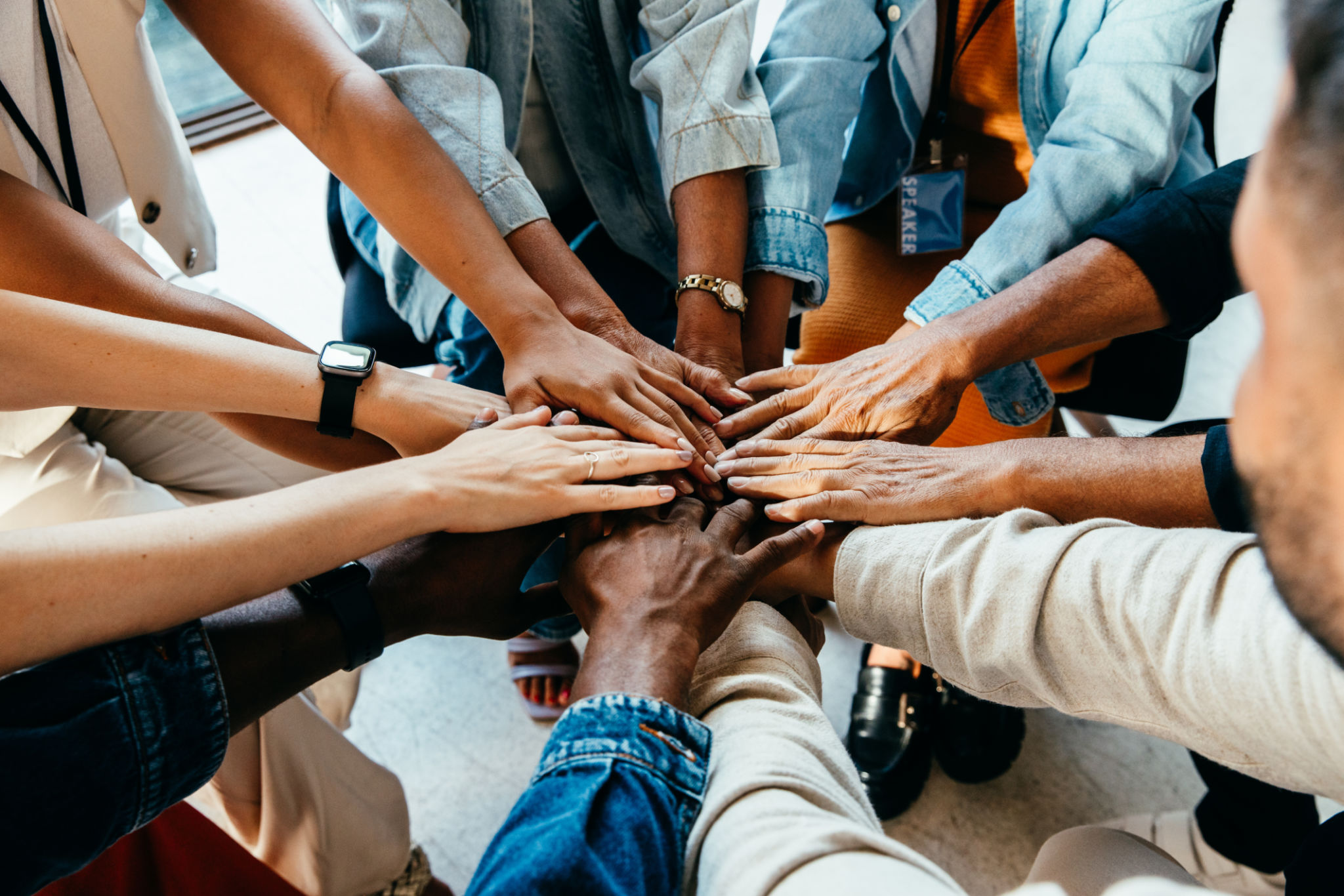Success Stories: Transformations Through Abuse Survivor Mentoring
Empowerment Through Mentoring
Survivors of abuse often face a long and challenging road to recovery. However, through dedicated mentoring programs, many have found the strength and guidance to rebuild their lives. These programs offer a beacon of hope, providing survivors with the tools and support they need to overcome their past and thrive.
Mentoring provides a safe space for survivors to share their experiences, enabling them to connect with someone who truly understands their journey. This connection is vital in helping them regain trust and confidence. The stories of transformation through these programs are nothing short of inspiring.

The Role of Mentors
Mentors play a crucial role in the healing process. They are often survivors themselves, offering empathy and guidance from a place of personal experience. This unique perspective allows them to connect deeply with those they mentor, fostering a relationship built on mutual respect and understanding.
Through regular meetings and ongoing support, mentors help survivors set and achieve personal goals. This process not only aids in personal development but also restores a sense of control and autonomy that many survivors have lost.

Success Stories
There are countless success stories of individuals who have transformed their lives through mentoring. Here are a few examples that highlight the impact of these programs:
- Anna's Journey: After years of silence, Anna found her voice through a supportive mentor who encouraged her to pursue her passion for art. Today, she holds exhibitions and inspires others with her story.
- Mark's New Beginning: Once feeling trapped in his circumstances, Mark's mentor helped him develop skills to re-enter the workforce. He now runs a successful small business.
- Sophia's Healing Path: With the guidance of her mentor, Sophia was able to navigate her way through therapy and find a community of support. She now advocates for other survivors.

Benefits of Mentoring Programs
The benefits of mentoring programs for abuse survivors are manifold. They not only provide emotional and psychological support but also empower individuals to take control of their futures. Some key benefits include:
- Emotional Healing: Mentors offer a safe space for survivors to express their feelings and work through trauma.
- Skill Development: Programs often include workshops and training sessions to help survivors acquire new skills.
- Community Building: Mentoring groups create a sense of community, reducing isolation and fostering connections.
How to Get Involved
If you are interested in supporting abuse survivors, consider becoming a mentor or volunteering with local organizations. Your involvement can make a significant difference in someone's life, offering them the support they need to heal and grow.
Whether through direct mentorship or supporting these crucial programs, everyone can play a part in the transformative journey of abuse survivors. By fostering an environment of understanding and empowerment, we can help build a future where survivors not only recover but also thrive.
